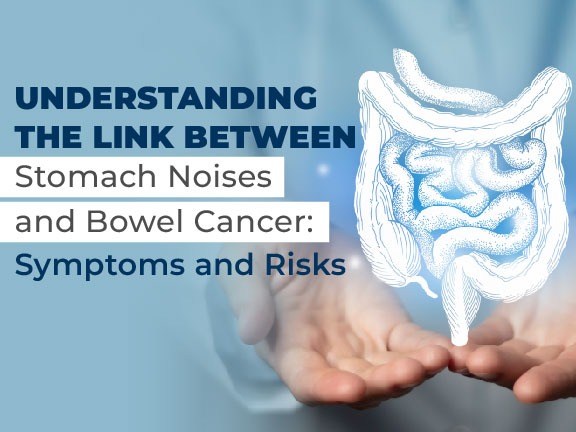Lung cancer is one of the most prevalent and dangerous forms of cancer worldwide. It is characterized by uncontrolled cell growth in the lung tissues, and if left undetected or untreated, it can spread to other parts of the body. Early detection is vital for successful treatment, making it crucial for everyone to be aware of the potential warning signs. In this article, we will explore the symptoms of lung cancer and emphasize the importance of seeking medical attention promptly if any of these symptoms manifest.
Persistent Cough
A persistent or chronic cough is one of the most common early symptoms of lung cancer. This cough can be mild or severe and may worsen over time. It is essential to be cautious if you have a cough that persists for more than two weeks, especially if it produces blood or a rust-colored sputum.
Shortness of Breath
Feeling breathless or experiencing difficulty in breathing without any apparent reason should not be ignored. Shortness of breath can occur due to various factors, including lung cancer, and requires proper evaluation by a healthcare professional.
Chest Pain
Lung cancer can cause localized chest pain that may worsen during deep breathing, coughing, or laughing. The pain may be dull, persistent, or sharp, and its severity can vary from person to person.
Unexplained Weight Loss
If you notice a sudden and unexplained weight loss, it could be a warning sign of lung cancer. Cancer cells can divert the body’s energy and cause unintended weight loss even when eating habits remain unchanged.
Fatigue and Weakness
Lung cancer can lead to persistent fatigue and a general feeling of weakness. Cancer-related fatigue is different from normal tiredness and doesn’t improve with rest.
Hoarseness and Voice Changes
Lung tumors can affect the nerves or the vocal cords, leading to hoarseness or noticeable changes in the voice. If you experience these symptoms for an extended period, it is essential to consult a healthcare professional.
Respiratory Infections
Frequent or recurring respiratory infections, such as bronchitis or pneumonia, may indicate an underlying issue, including lung cancer. If you find yourself battling respiratory infections more frequently than usual, it’s worth getting a thorough check-up.
Difficulty Swallowing
Lung cancer that has spread to the esophagus can cause difficulty in swallowing (dysphagia) or a feeling of something obstructing the throat. These symptoms may also be related to other conditions, but they should not be ignored.
Finger Clubbing
In some cases of lung cancer, the fingertips may undergo changes known as finger clubbing. This is characterized by the enlargement of the fingertips and a curving of the nails. While finger clubbing can occur due to various reasons, it should prompt further investigation.
Conclusion
Recognizing the symptoms of lung cancer is crucial for early diagnosis and improved treatment outcomes. It is essential to remember that these symptoms can also be associated with other respiratory conditions, making it even more critical to seek medical attention for an accurate diagnosis. If you or someone you know experiences any of the symptoms mentioned above, do not hesitate to consult a healthcare professional promptly. Regular check-ups, a healthy lifestyle, and avoiding smoking or exposure to secondhand smoke are some of the ways to reduce the risk of developing lung cancer. Remember, early detection can be the key to conquering this silent threat and improving overall quality of life.












